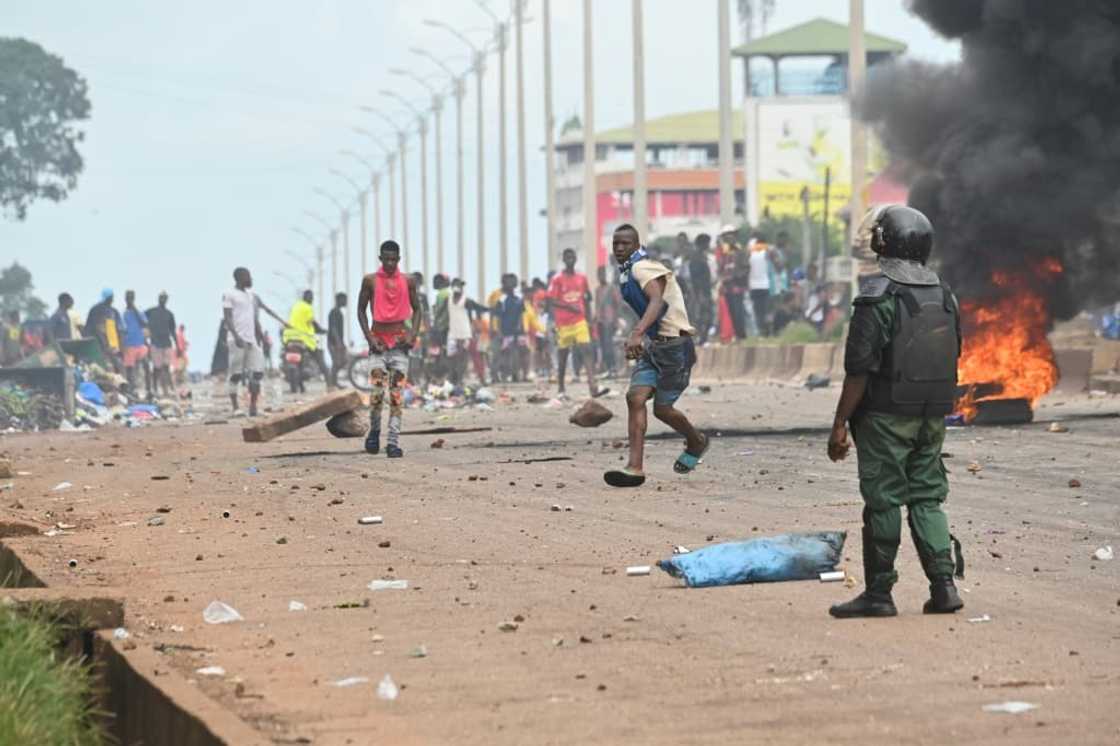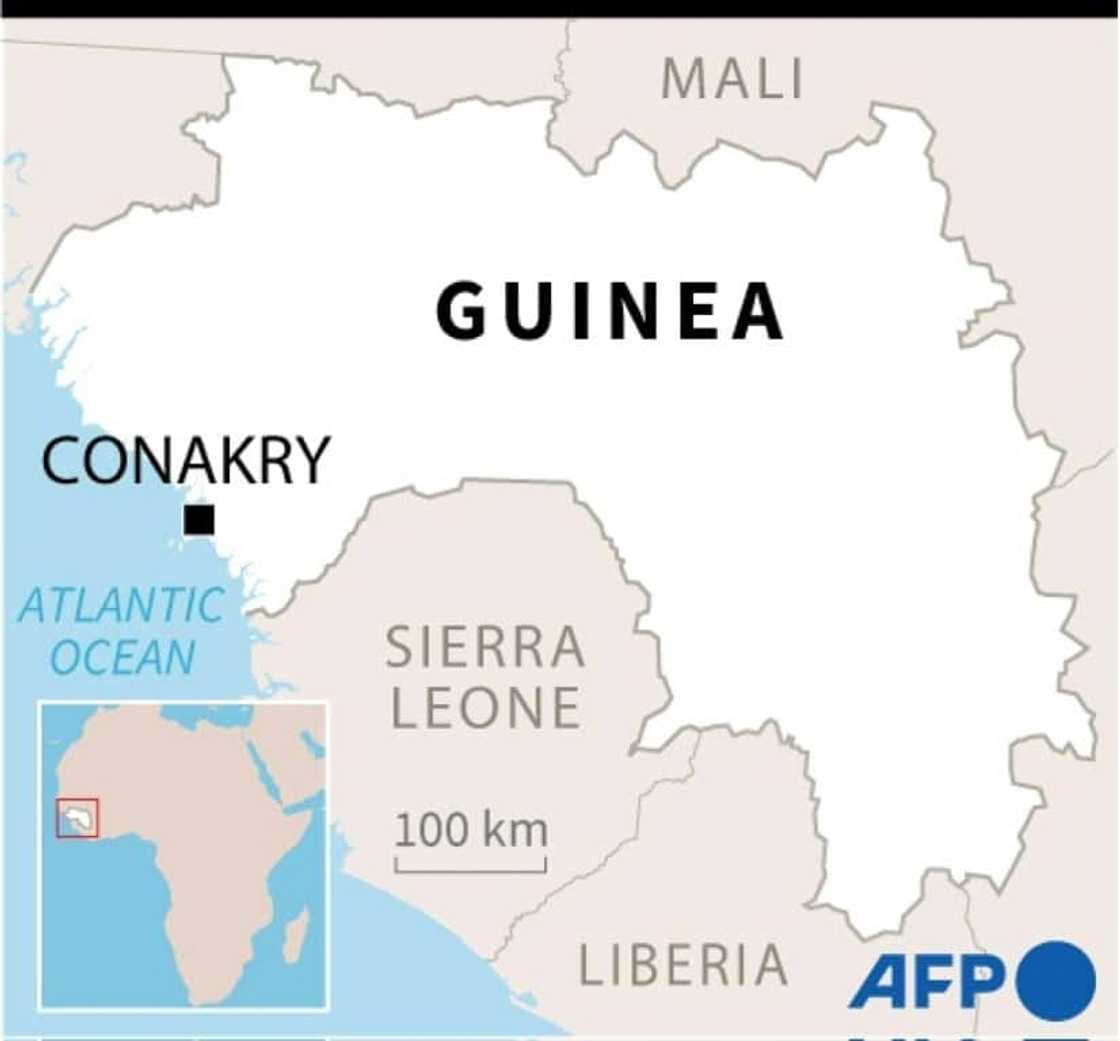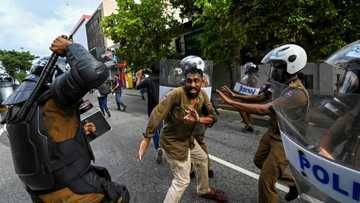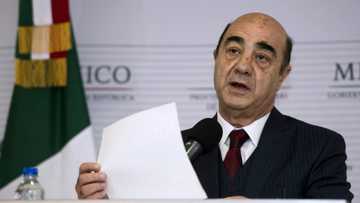UN challenges Guinea junta on rights

Source: AFP
New feature: Check out news exactly for YOU ➡️ find “Recommended for you” block and enjoy!
The United Nations has warned Guinea's ruling junta about respect for human rights after it cracked down on protesters and dissolved an opposition coalition.
In a letter to junta leader Colonel Mamady Doumbouya, UN Rights Commissioner Michelle Bachelet said the situation was a source of "deep concern."
The letter was reported on Guinean media on Sunday and authenticated by Bachelet's office on Monday.
Bachelet pointed to the death of demonstrators by security forces on July 28 and 29 and reports of a "large number" of arrests.
Five people died on those days, and two more on August 17 on another day of outlawed protests, according to organisers.
Bachelet called on the authorities to investigate the deaths, free those arrested and reauthorise an opposition coalition, the National Front for the Defence of the Constitution (FNDC).
PAY ATTENTION: Click “See First” under the “Following” tab to see Briefly News on your News Feed!
Its dissolution "constitutes a major violation of freedom of association and public gathering," Bachelet said.
Rich in minerals but deeply poor, the West African state has had little stability since it gained independence from France in 1958.
A junta has been in power since September after ousting President Alpha Conde, 84.
Conde in 2020 became the country's first democratically elected president.

Source: AFP
But his popularity dived in his second term as critics accused him of authoritarianism, and opposition protests were violently repressed.
Dozens died, the overwhelming majority of them civilians, in protests launched by the FNDC, an alliance of political parties, trade unions and civil groups.
Friction had been growing between the FNDC and the junta in the months before the coalition was banned.
A decree ordering its dissolution was signed on August 6, nine days ahead of protests that it had scheduled in defiance of a ban.
The junta accused the FNDC of encouraging violence against the security forces and "threatening national unity, public peace and cohabitation."
New feature: check out news exactly for YOU ➡️ find "Recommended for you" block and enjoy!
Source: AFP



